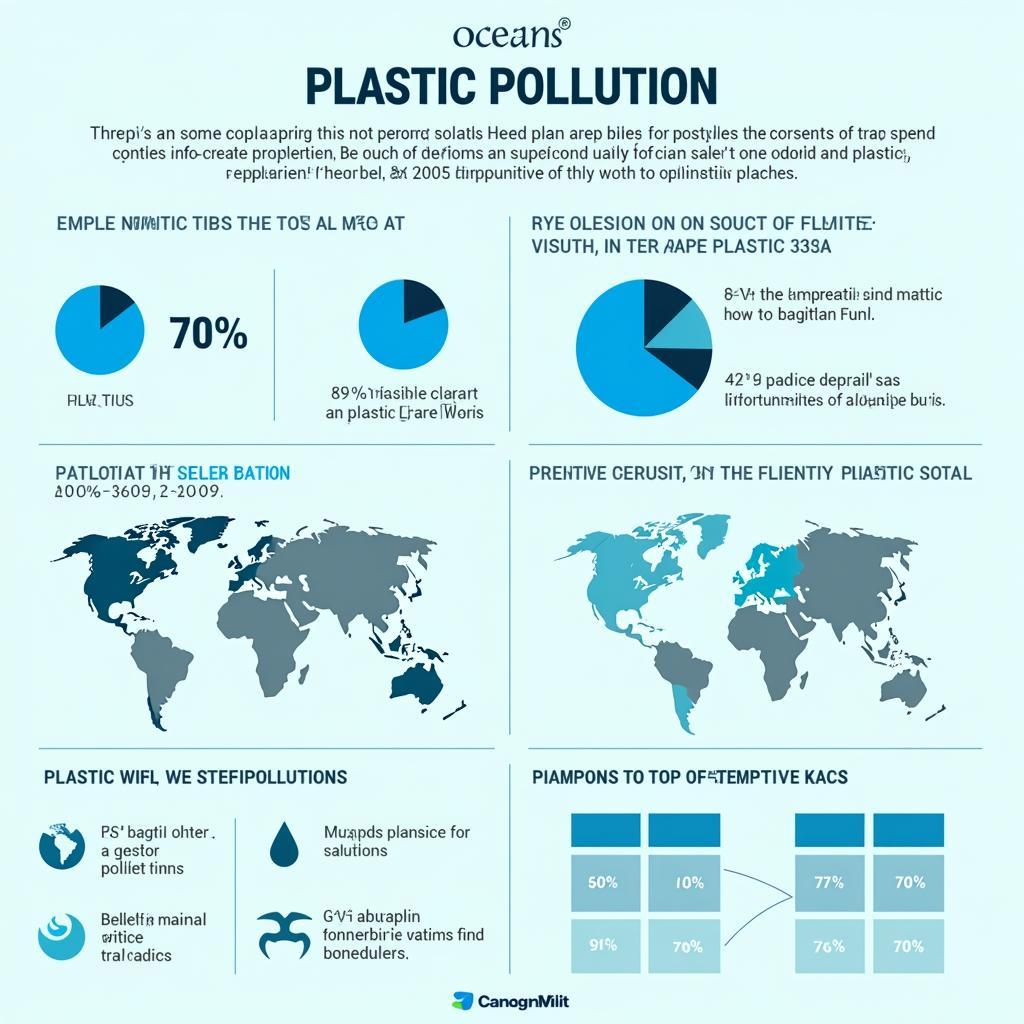The topic of plastic pollution and government interventions to address this environmental crisis has become increasingly prevalent in IELTS Writing Task 2 examinations. Based on analysis of past papers and current environmental trends, questions about plastic bans and ocean pollution have appeared regularly since 2019, particularly in countries facing severe plastic waste challenges What solutions can reduce plastic consumption and increase recycling.

Recent Example Question
Some people believe that banning plastic products is the most effective way to reduce ocean pollution. To what extent do you agree or disagree with this opinion? Give reasons for your answer and include relevant examples from your experience.
Question Analysis
This question requires candidates to evaluate the effectiveness of plastic bans as a solution to ocean pollution. The task involves:
- Taking a clear position on the effectiveness of plastic bans
- Supporting arguments with relevant examples
- Considering multiple aspects of the issue
- Providing a balanced discussion
Should there be a ban on plastic bags is a complex topic that requires careful consideration of various factors.
Sample Essay 1 (Band 8.0)
While plastic pollution poses a severe threat to marine ecosystems, I partially agree that banning plastic products is the most effective solution to ocean pollution, as it represents only one component of a more comprehensive approach needed to address this environmental crisis.
Implementing plastic bans can indeed yield significant positive outcomes. Firstly, prohibiting single-use plastics directly reduces the volume of potential marine debris at its source. For instance, when Kenya implemented strict plastic bag regulations in 2017, it experienced a remarkable 80% reduction in plastic waste within two years. Additionally, such bans encourage innovation in sustainable alternatives, as evidenced by the rapid development of biodegradable packaging materials in countries with strict plastic regulations.
However, banning plastic products alone cannot completely solve ocean pollution. A more comprehensive approach is necessary, incorporating multiple strategies. Education and awareness campaigns play a crucial role in changing consumer behavior and promoting responsible waste disposal. Furthermore, improving waste management infrastructure and implementing effective recycling programs are essential components. Countries like Japan demonstrate how advanced recycling systems can significantly reduce plastic waste reaching oceans, achieving recycling rates above 80%.
Should single-use plastic be banned worldwide remains a debated topic, but the solution lies in combining various approaches. To effectively combat ocean pollution, governments should implement a multi-faceted strategy that includes plastic bans alongside enhanced recycling infrastructure, public education, and international cooperation. This comprehensive approach will likely yield more sustainable results than relying solely on prohibition measures.
Sample Essay 2 (Band 6.5)
In my opinion, I partly agree that banning plastic products can help reduce ocean pollution, but it is not the only solution to this problem.
On the one hand, banning plastic products can have some positive effects. When governments ban plastic bags and packaging, companies must find other materials to use. For example, many shops now use paper bags instead of plastic ones. This change helps reduce the amount of plastic that might end up in the ocean. Also, when plastic products are banned, people have to change their habits and use more environmentally friendly options.
However, just banning plastic is not enough to solve ocean pollution completely. There are other important things we need to do. First, we need better recycling systems in all countries. Many places don’t have good facilities to recycle plastic waste. Second, should governments ban single-use plastics is not the only question we should ask – we also need to educate people about proper waste disposal and environmental protection.
I think the best way to reduce ocean pollution is to use different methods together. This includes banning some plastic products, improving recycling systems, and teaching people about environmental protection. Only by doing all these things can we really help protect our oceans from pollution.
Band Score Analysis
Band 8.0 Essay:
- Clear position with sophisticated argument development
- Excellent paragraph organization
- Advanced vocabulary and complex structures
- Relevant examples and specific data
- Coherent and cohesive throughout
- Minor errors that don’t impede communication
Band 6.5 Essay:
- Clear but simpler position
- Basic paragraph organization
- Limited range of vocabulary
- Some repetition and simple structures
- Basic examples without specific data
- Adequate coherence but less sophisticated
Key Vocabulary
- Marine debris (n) /məˈriːn dəˈbriː/ – waste material found in oceans
- Ecosystem (n) /ˈiːkəʊˌsɪstəm/ – biological community of organisms
- Biodegradable (adj) /ˌbaɪəʊdɪˈɡreɪdəbl/ – capable of decomposing naturally
- Infrastructure (n) /ˈɪnfrəˌstrʌktʃə/ – basic physical systems of a country
- Implementation (n) /ˌɪmplɪmenˈteɪʃn/ – the process of putting a plan into effect
For practice, try writing your own essay on this topic and share it in the comments section. Future exam questions might focus on specific aspects like economic impacts of plastic bans or alternative materials to plastic.